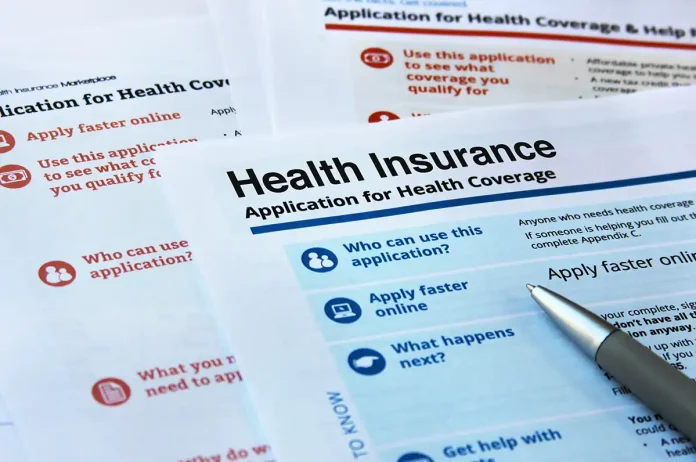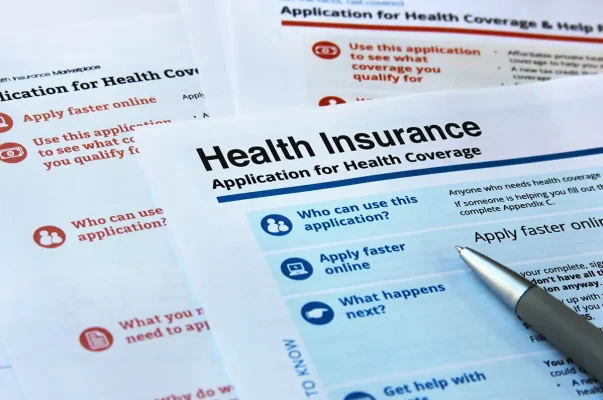Canceling a trip without travel cancellation insurance can be a stressful and financially challenging situation. Travel insurance is often viewed as a safety net that protects travelers from financial losses due to unforeseen circumstances, but many people choose not to purchase it, thinking that nothing will go wrong. However, unexpected events such as illness, family emergencies, or other issues may force you to cancel your trip. When this happens, navigating the process of cancellation without the protection of travel insurance can be tricky, but there are still steps you can take to minimize losses and manage the situation effectively.
Understanding the Consequences of Not Having Travel Insurance
The most immediate consequence of canceling a trip without travel insurance is the risk of losing the money you’ve already spent. This can include the costs of flights, accommodation, tour packages, and other prepaid expenses. While some of these costs may be partially refundable, others might be completely non-refundable depending on the policies of the service providers you’ve booked with.
Without travel insurance, travelers have limited protection against unforeseen circumstances like medical emergencies, severe weather, or airline strikes that could prevent them from going on their trip. If you have no cancellation insurance, you are typically left to bear the brunt of these costs unless you are able to negotiate with the companies involved.
Steps to Take When Canceling a Trip Without Insurance
If you find yourself in a situation where you need to cancel a trip but don’t have travel cancellation insurance, it’s important to act quickly and explore all possible options. Here are some steps you can follow to mitigate the impact:
1. Review Your Booking Terms and Conditions
The first step when considering a trip cancellation is to review the terms and conditions of the bookings you’ve made. Most airlines, hotels, and tour companies provide some flexibility for cancellations or changes, but their policies can vary widely. Some airlines offer refunds for cancellations if made within 24 hours of booking, while others may charge a fee for canceling or offer only a partial refund.
Hotels and accommodation services often provide more flexibility, especially if you booked directly with them. Many hotels have free cancellation policies up until a few days before check-in, although this is less likely during peak travel seasons or with special discounted rates.
2. Contact Airlines, Hotels, and Other Service Providers Directly
Once you’ve reviewed the terms and conditions, the next step is to contact the service providers directly. While they may initially tell you that your booking is non-refundable, explaining your situation and asking for exceptions can sometimes lead to a better outcome. Airlines and hotels may offer vouchers for future use or reduced cancellation fees, especially if the cancellation is due to an emergency such as a health issue or family bereavement.
It is also helpful to reach out to any tour companies, car rental services, or other providers to inquire about their cancellation policies. Some companies may have goodwill policies in place for emergencies, even if the original booking terms were strict.
3. Leverage Credit Card Protections
Many travelers are unaware that their credit cards may offer some protections for trip cancellations. Certain premium credit cards, especially those marketed toward frequent travelers, often include travel benefits such as trip cancellation or interruption coverage as part of their perks. If you booked your trip using such a card, review the terms of your card’s benefits or contact your card issuer to see if you might be eligible for reimbursement of some of your trip costs.
In addition to trip cancellation coverage, some credit cards provide compensation for lost baggage, flight delays, and even emergency medical situations. Be sure to check all the benefits associated with your card to maximize any potential refunds or compensations.
4. Explore Refundable Options
If you anticipate the possibility of needing to cancel your trip but do not have travel insurance, it’s always wise to choose refundable options when booking your trip. While this tip is more of a preventative measure, it’s valuable for future planning. Airlines, hotels, and car rental companies often offer different price tiers, with more expensive options providing flexibility for changes or cancellations.
In some cases, even after booking non-refundable services, certain providers might allow you to switch to a more flexible fare or booking class for an additional fee. While this won’t always be possible, it’s worth asking if flexibility is a concern.
5. Look into Rescheduling Rather than Canceling
If the situation permits, rescheduling your trip instead of canceling outright can be a way to avoid losing the entire amount you’ve spent. Many airlines and hotels are more lenient when it comes to rebooking, allowing you to shift your travel dates instead of completely canceling the trip. While you may have to pay a rebooking fee, this is often less costly than losing all the money spent on non-refundable tickets or reservations.
Some airlines may allow you to change your flight dates for a fee or provide a voucher for future travel, which can give you some flexibility in case your travel plans change again.
6. Seek Compensation if Cancellation is Beyond Your Control
If your trip is canceled due to circumstances beyond your control, such as a flight cancellation by the airline, severe weather conditions, or travel restrictions, you may be entitled to compensation or a refund even without travel insurance. Many consumer protection laws require airlines and other travel providers to offer refunds or alternative arrangements in cases of significant disruption to services.
For example, in the European Union, passengers are entitled to compensation if their flight is canceled within 14 days of departure under certain conditions. Similar regulations apply in other parts of the world, depending on the jurisdiction and the cause of the cancellation.
Conclusion
Canceling a trip without travel cancellation insurance can be a complicated and costly process, but it is not without options. Acting quickly and exploring the terms and conditions of your bookings, reaching out to service providers, and leveraging any credit card protections can all help minimize the financial impact. Flexibility in rebooking or rescheduling might also allow you to salvage your travel plans without incurring heavy losses.
Although travel insurance provides peace of mind and financial protection in unforeseen circumstances, taking proactive steps can mitigate risks even if you’re not covered. For future travel, carefully considering cancellation policies, opting for refundable bookings, or using a credit card that offers built-in travel protection are all prudent ways to safeguard your travel investment.





